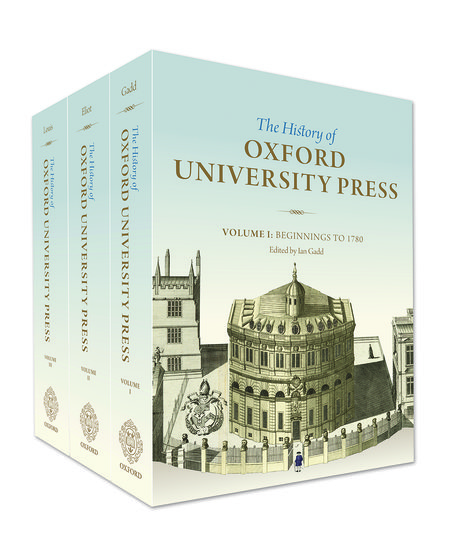By Elizabeth Knowles
Dictionary projects can famously, and sometimes fatally, overrun. In the nineteenth century especially, dictionaries for the more recondite foreign languages of past and present (from Coptic to Sanskrit) were compiled by independent scholars, enthusiasts who were ready to dedicate their lives to a particular project. This may make for an exhaustively comprehensive text; it doesn’t make life easy for a publisher who needs to know when the book is going to be finished. And from the compiler’s point of view, it’s equally difficult. The passion needed to keep you going alone in the study with your pages of manuscript, is also what makes hard to recognize when it’s time to move on to the next entry. (The etymologist W. W. Skeat, who made it a personal rule not to spend more than three hours on one word, is a shining exception.)
The clergyman and scholar Robert Payne Smith’s Syriac Lexicon was signed up in 1859. Peter Sutcliffe in his “Informal History” of Oxford University Press says that it was “thirty-three years in the press and the death of thirty-one compositors,” although it’s not clear quite how the second part of this calculation was made. The files show a number of attempts by the publishers either to rein the dictionary in, or speed up the editor. In 1871, the Delegates came up with a version of performance-related pay, with £50 to be paid on the annual publication of each fascicle. The original files show that “if possible” had been entered and then crossed out—presumably someone had a well-founded scepticism as to any positive effect.

The Syriac Lexicon was completed in the end, but other projects, no doubt dear to the hearts of their would-be compilers, were never approved. One of these, from the end of the nineteenth century, was decidedly for a niche market. “A Russian-English and English-Russian Military Vocabulary” was proposed in 1896 by a Lieutenant A. Mears. This is one of the occasions on which you long to know more: who was Lieutenant Mears, and what prompted him to make the proposal? Was he personally disappointed when it was declined, and had he tried to get funding elsewhere? Possibly—according to the files the proposal was declined “in the absence of any intimation that such a work would receive the patronage of the War Office”.
For a 21st-century lexicographer, used to collaborative working and a full range of online resources, the OUP files open windows on earlier days, when a dictionary could be in the hands of a single compiler who might or might not survive until Z was reached. It’s not a working method that anyone would recommend, and yet it did produce some wonderful dictionaries which are still in use today. And passion may still be what you need to keep you going when you are somewhere around M, with a lot of the alphabet left to go.
Elizabeth Knowles is a historical lexicographer who worked on the Shorter Oxford English Dictionary (4th edition, 1993), and is Editor of the Oxford Dictionary of Quotations (7th edition, 2009). Her other publications include How to Read a Word (OUP, 2010). She has contributed to Volumes 2 and 3 of The History of Oxford University Press.
With access to extensive archives, The History of Oxford University Press is the first complete scholarly history of the Press, detailing its organization, publications, trade, and international development. Learn more about the history of the Press in our previous posts, including Archive materials and information on the history of publishing.
Subscribe to the OUPblog via email or RSS.
Subscribe to only British history articles on the OUPblog via email or RSS.


Recent Comments
There are currently no comments.